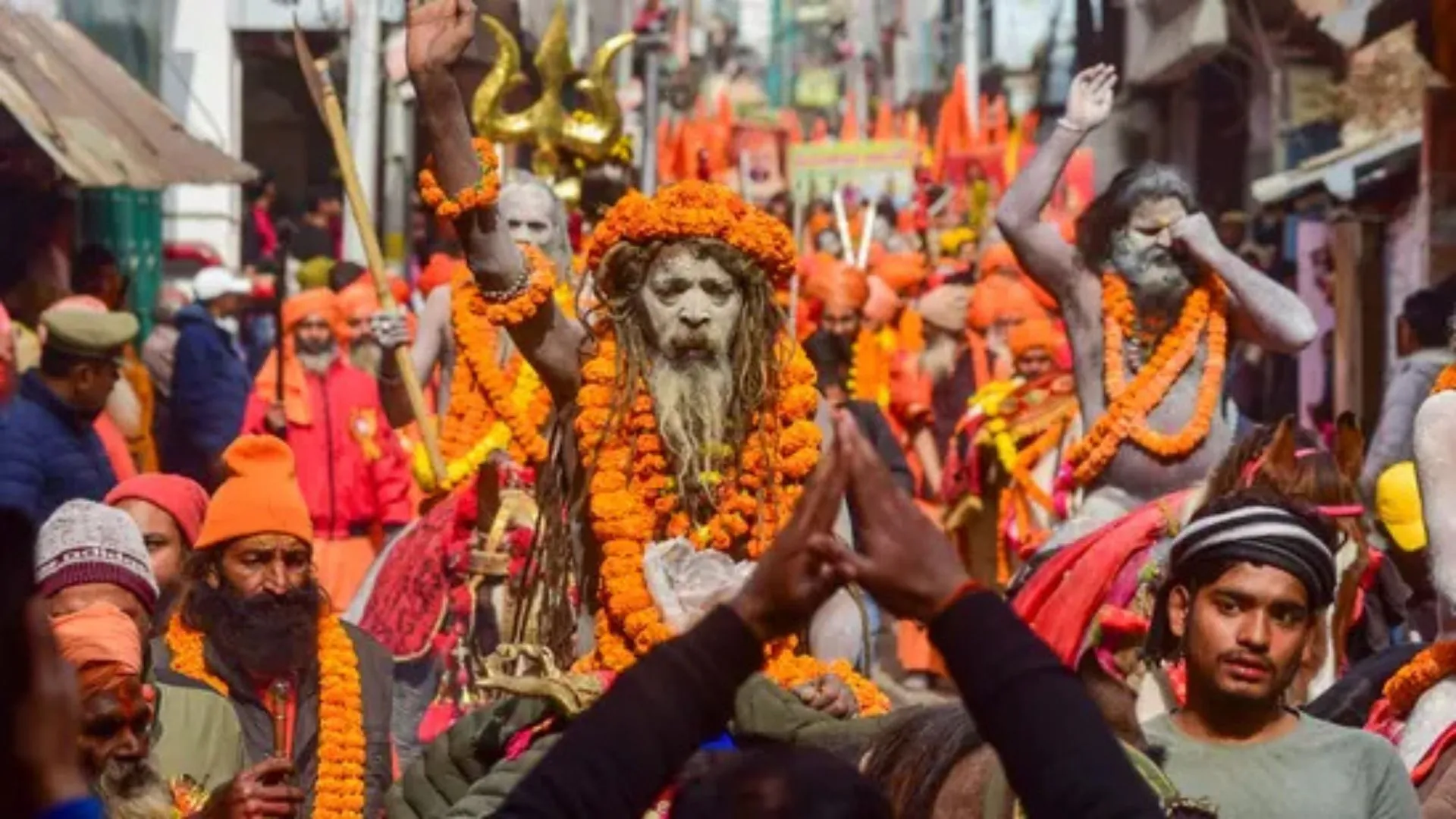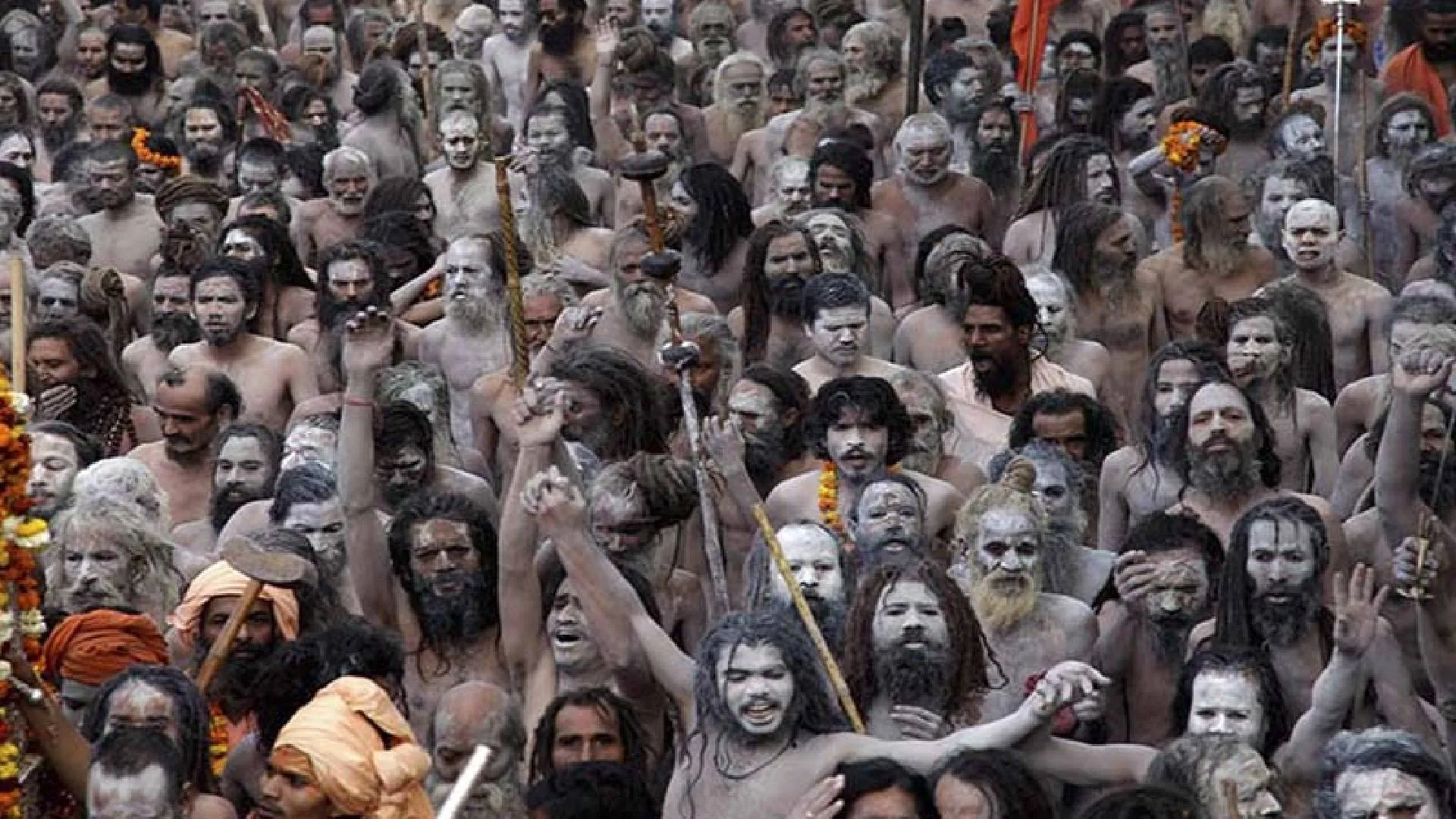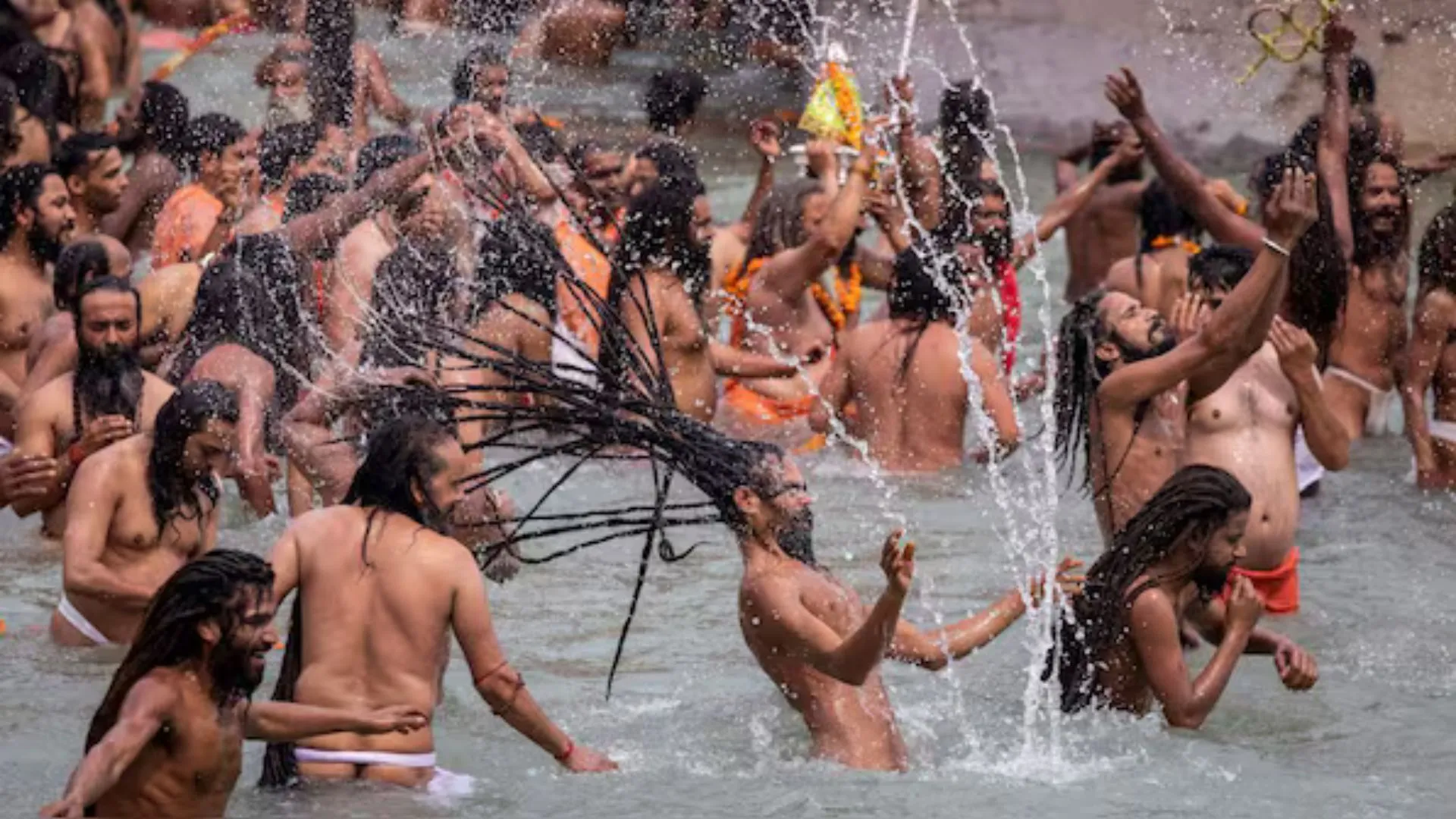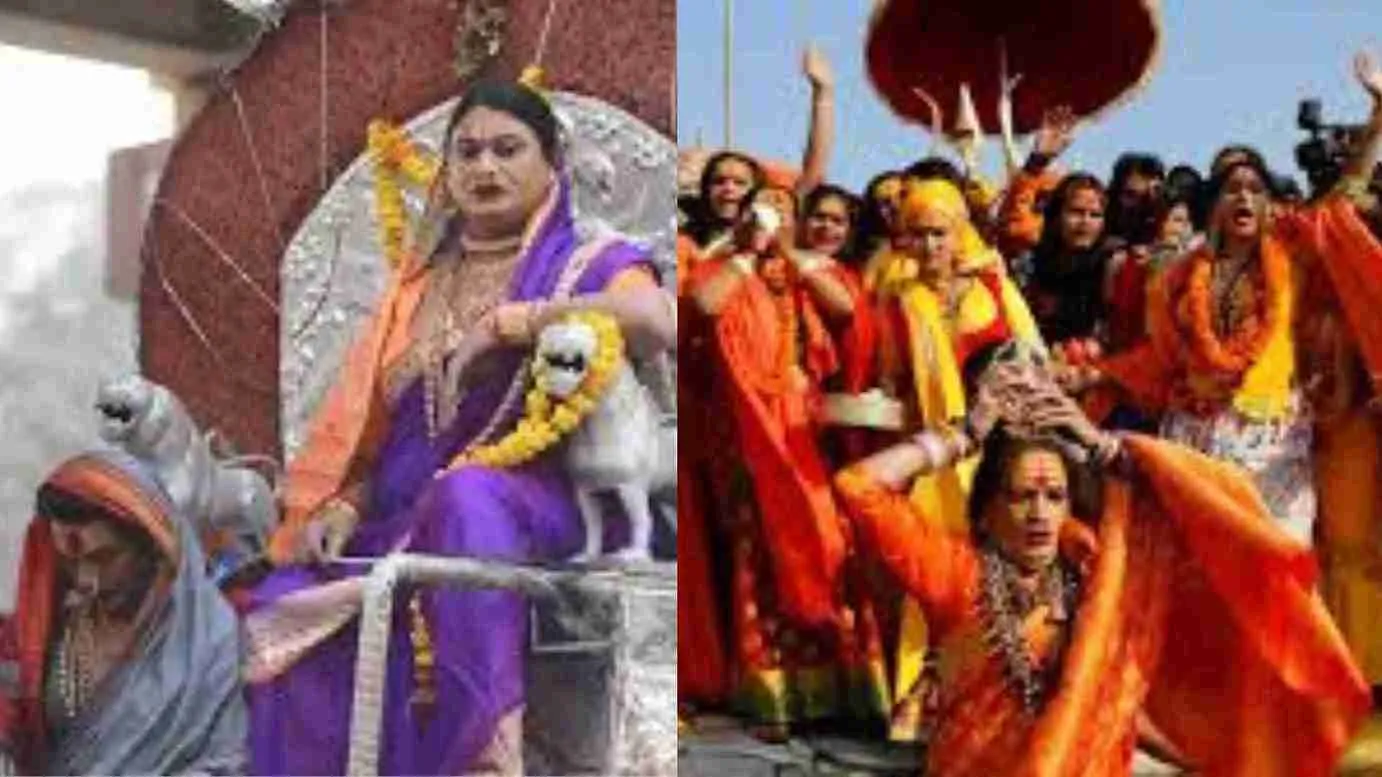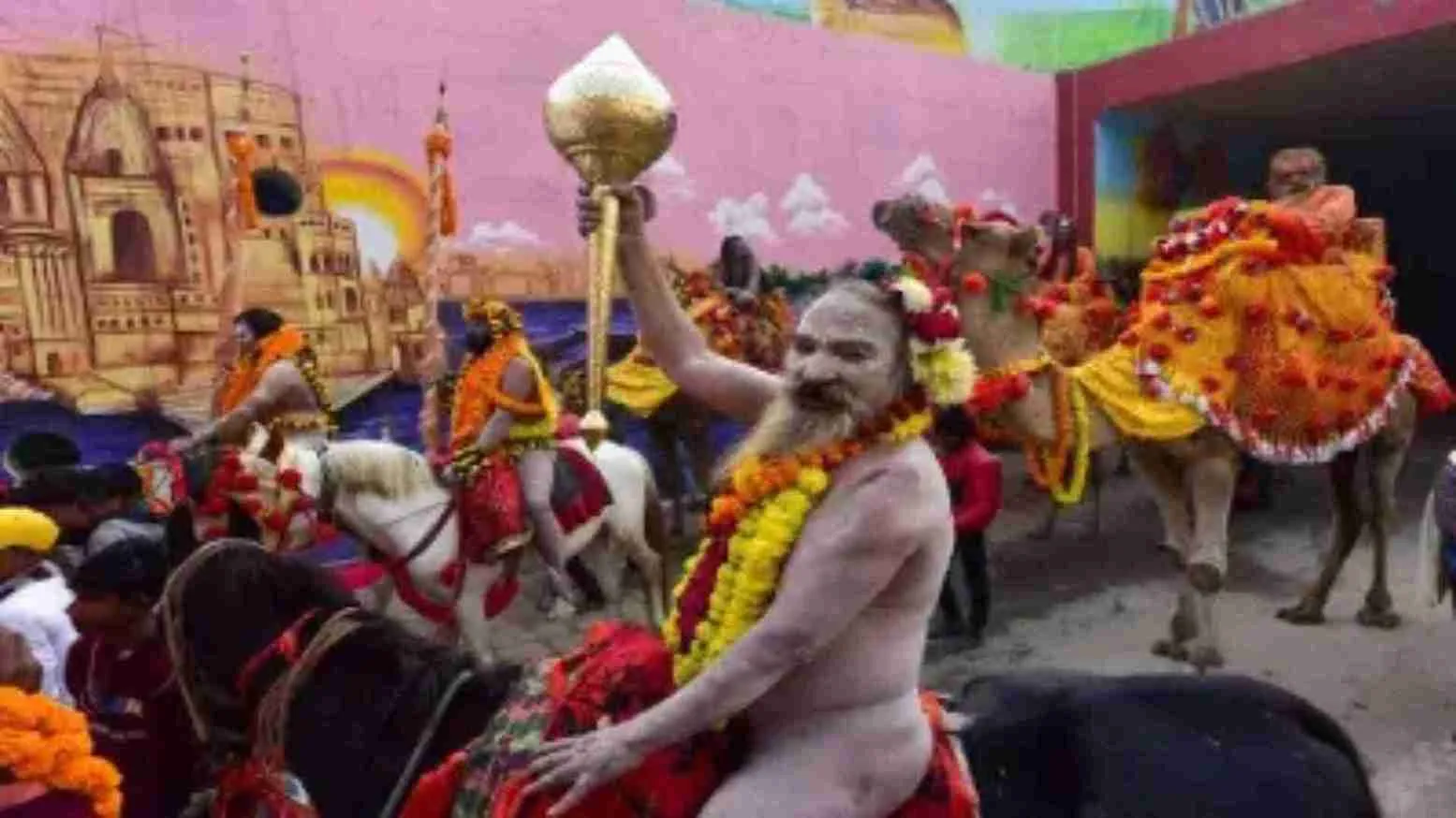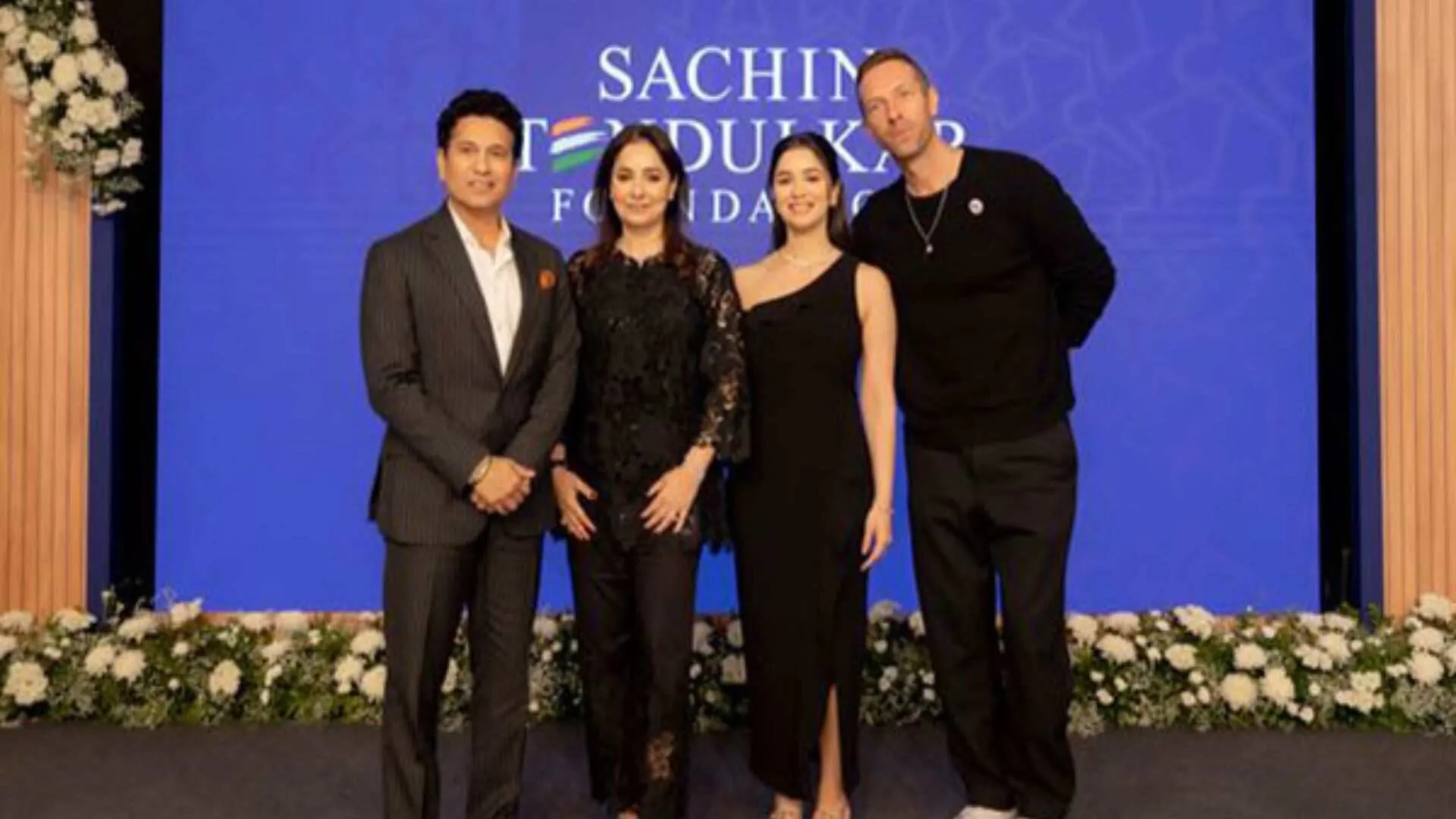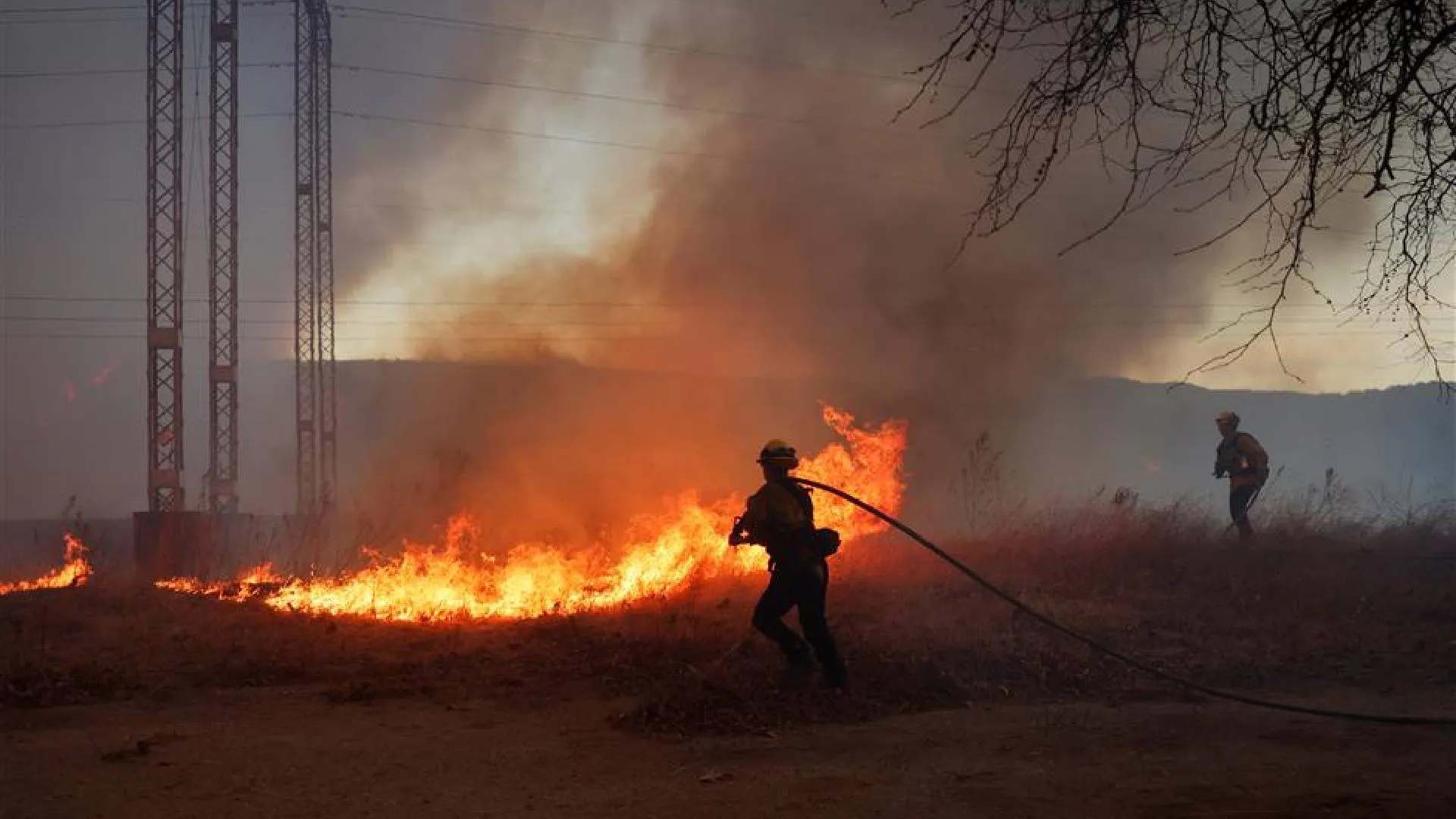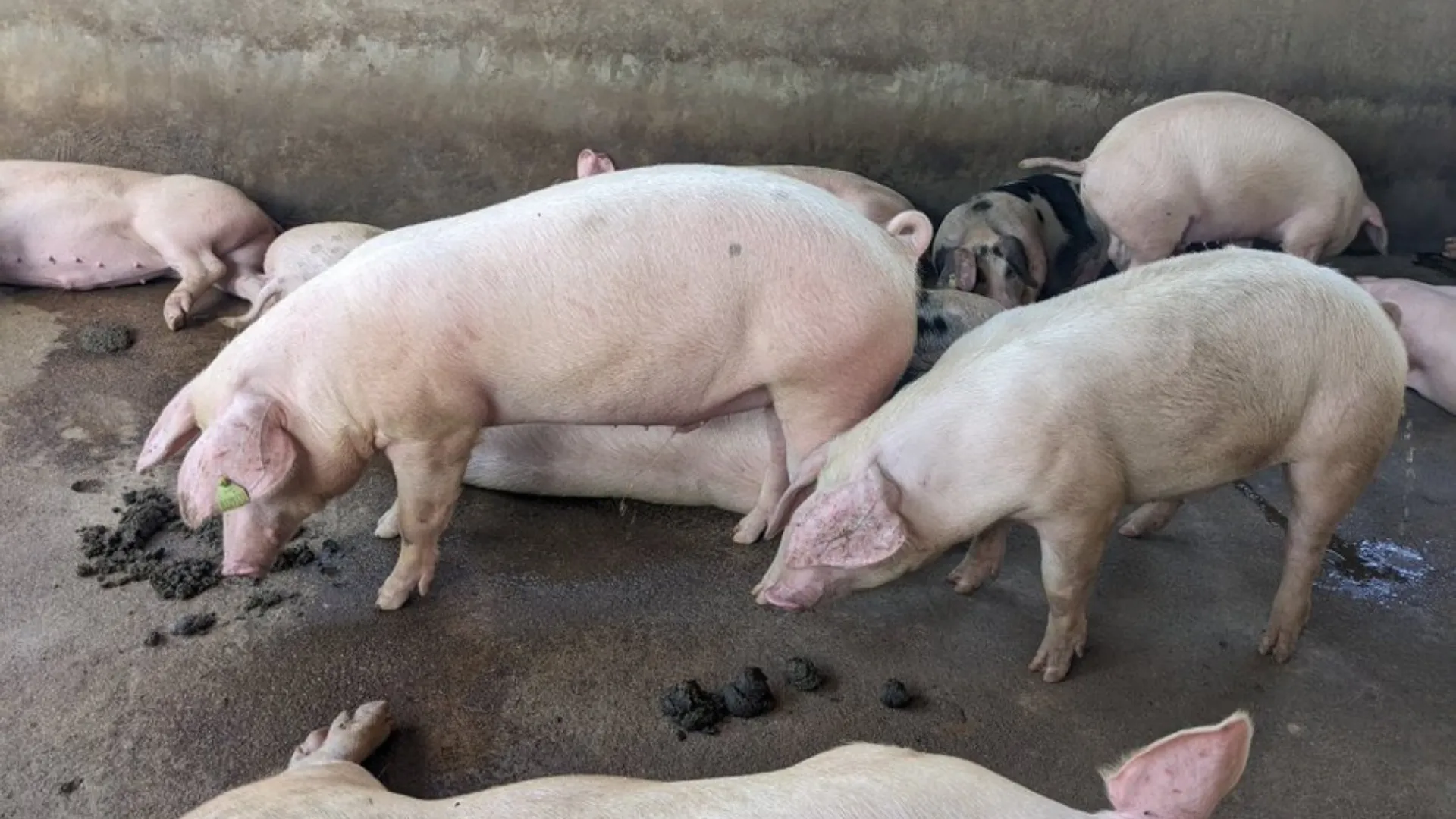1981 saw me in Siddhabari propelled by an intense desire to visit this spiritual retreat in the lone serenity of the Himalayas. This retreat of the Chinmaya Mission was a small hamlet of a few humble cottages perched on a hillock with a dense pine forest on three sides, and a softly murmuring stream encircling the bottom of the hill. Though the place commanded a breathtakingly expansive view of the Dhauladhar mountain ranges, the hillock stood bare of bush or tree. The valley, as we were informed by the locals, was a strong wind tunnel, so nothing could grow there as it could not stand the fire of the fierce winds that swept the valley.
Swami Chinmayananda ji arrived as a boon for this place. The Mahatma planted many saplings of trees and flowering bushes. A whole garden was being planned. “And now,” said the divine Mahatma, “We will worship Hanuman ji here. He is the controller of the winds”. There are forty-nine different varieties of winds described by the Rishis of yore, that is why the plural.
A highly skilled sculptor and temple architect from Shimoga, Shri Kashinath was given the task to sculpt the idol. He took about a year to translate the dream into a breathtakingly beautiful open-air reality. In October 1982, we attended the rare and unforgettable unveiling and prana pratishthan of the colossal idol. The kalashas (sacred pots) of the devotees glittered in the sun in resplendent beauty containing the holy waters of all the sacred rivers of India with which the abhishek was performed.
When the idol of Pavan Putra Hanuman (son of the wind) was unveiled, it stood in the arms of the wind as a jaw-dropping wonder. The octagonal pedestal of black granite is 8 ft high and sitting on it is our rock-solid Lord Hanuman in Veer Asana (posture of the brave). This position is a yogic posture depicting a ‘ready to spring into action’ pose. In a sitting position, the idol is 23 ft tall. The nearer you get to him, the more humble and dwarfed you feel, literally and spiritually too. Even his exalted toes are beyond one’s reach unless one lifts himself to deserve this with great self-effort.
It brought to my mind my teacher’s explanation of the fifth verse of chapter six of the Bhagavad Geeta:
“The higher you go, the greater the danger of the fall. So, if you don’t have the courage, just remain on terra- firma.”
The spellbinding idol has a soft benign look in the eyes bestowing grace and compassion on the devotees, yet each muscle in his body unmistakably declares his tornado-like physical strength.
To the surprise of the villagers around as well as the residents of the sadhanalaya, the winds henceforth controlled their might to adopt softer stances. Beautiful trees and flowering gardens came up all around. Surprisingly, even when the winds raged, nothing was uprooted.
Under His Protection
Another instance comes to mind of a Vishnu Sahasranama Archana being performed in the open courtyard before Hanuman ji. The offerings of flower petals to the chants of mantras in front of a lighted lamp were in progress. The winds rose, as if from a deep slumber, they stretched and yawned, but slowly and surely, they gathered a storm like quality. Dark clouds gathered and thunders rolled in the skies and lightning lit up our concerned faces. The winds grew strong and cold. The devotees glanced furtively at each other for some signs of a retreating stampede. Small lamps in front of us were struggling for survival, but the bare-chested grand Swami Chinmayananda was a dignified, composed, and peaceful presence. He turned his head and looked at Hanuman ji, long and steadily. The storm unstormed itself. The miracle happened right in front of our eyes. The rain stopped; the unruly winds lulled to a gentle flow before this mighty Pavan Putra. The dark threatening clouds beat a hasty undignified retreat, and we could calmly go through the whole Archana. After we completed it, we were asked by Swami ji to prostrate to Hanuman ji and chant the Hanuman Chalisa (prayer to the Lord). And, as we were chanting the last two lines, all hell broke loose. It was as if the heavens tore their heart and let burst a held back deluge on to the earth. Water and still more water, wind, hail and thunder, but by then we were watching this moment of nature’s raw passion tucked snugly into the warmth of our rooms, with a mug of tea for comfort.
Heroic Feats
Described in the Ramayan as having a golden-hued body, (Swarna shailabhideham), he displays in his person the indestructible quality of gold. Gold cannot be destroyed by fire, instead, fire acts as a catalyst to bring more purity and brilliance to gold. So, this ‘golden limbed might’ burns Lanka to ashes without getting singed himself. As gold from fire, he rose from the city’s ashes with more brilliance than ever.
This Pavan Putra was air- born and air-borne. Flying at high altitudes he was the only one who could airlift himself to Lanka, to find Sita ji, then to the Himalayan mountains to bring Sanjeevani (the herbal medicine) for Lakshman ji, and then to Ayodhya after the war. He is ever unbound and uncapturable as air. He alone could perform Herculean tasks for his master Ram Ji as they all involved flying nonstop by night.
He also represents in his person the life-giving quality of air. The air which as Prana energises the body. He comes as life air to save many lives in the tale of the Ramayan. Singhika, a monster could not grasp him as air cannot be captured, no matter how powerful the enemy, it is too subtle an element. The demons of Lanka committed suicide by suggesting igniting his tail. Heavily oxygenated air + fire was = total destruction.
Sound travels on air. Hanuman ji’s battle cry or thunderous roar of victory was not only nerve-shattering but struck such terror into the hearts of the Sri Lankans that they were rendered deaf. His victorious roar when he leapt back from Lanka sent such tremors of fear into the wombs of the demon women that they were compelled to abort their unborn. There was also a slow-release effect of this shattering roar. Even the future remembrance of it was shattering enough to make them drop the foetus from their wombs. Thus, he ensured the destruction of the yet to be born demons also, helping in the fulfilment of his master’s vow to “rid the earth of all demons”. According to past karma as Vishnu, Ram ji was entitled to get help only from monkeys, bears, birds, and squirrels. So, Hanuman Ji took on this form to serve his Lord.
Ram Ji is forever indebted to Hanuman Ji, what more could one ask! Hanuman Ji alone is acknowledged and addressed as “son” (suta) by both, Ram Ji and Sita Ji. Ever ready to help those in need and distress is our compassionate and mighty Lord, and it is to such a God that we turn for strength.
The author is President of Chinmaya Mission, New Delhi.


